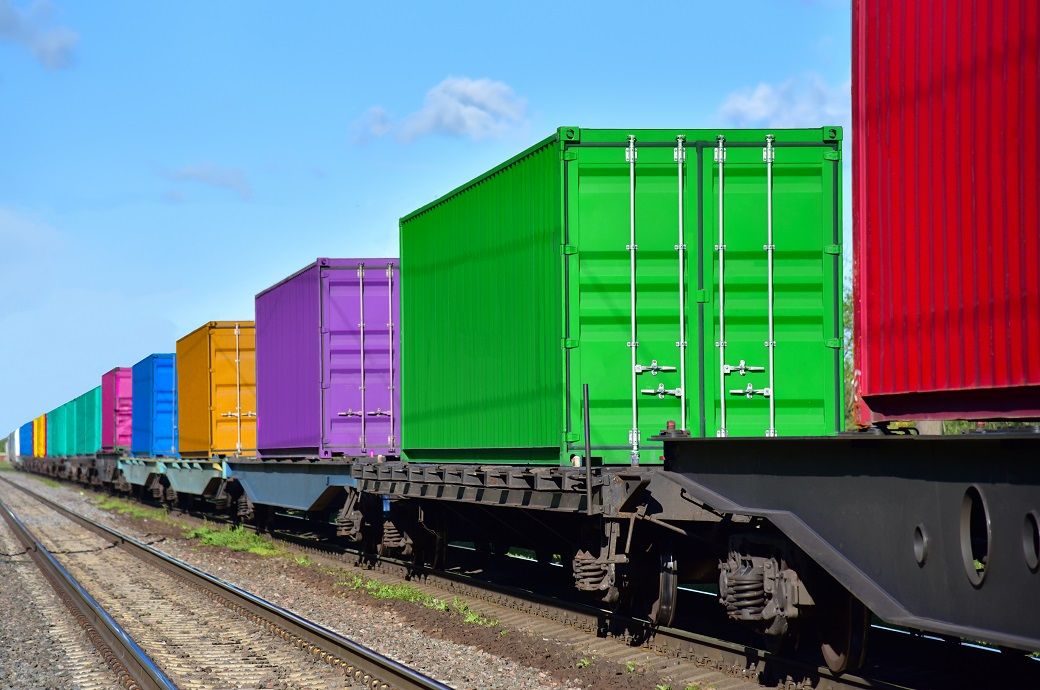
For Ikea, the estimated results of using the block train and intermodal solutions instead of road transportation are a reduction of 4,500 trucks and lowered CO2 emissions by 5,100 tons per year, the company said in a press release.
“Only by working together with our partners can we transform the transport industry and increase the intermodal share in the European railway network,” said Dariusz Mroczek, category area transport manager, Ikea supply chain operations. “Ikea transports big volumes from Poland to Spain, and Inditex has big volumes going from Spain to Poland, consequently being able to fill the train in both directions is essential to reduce carbon emissions.”
The trucks replaced with the block train are still needed for the shorter distances, from Ikea suppliers to the train terminal and from the train terminal to the Ikea stores or distribution centres in Spain. This opens new opportunities for truck drivers to experience improved work-life balance, reduced air pollution, and less traffic congestion.
“This joint project with Ikea is a good example of how we understand the commitment to reduce our environmental impact, boosting collaborative solutions with suitable partners to enhance the achieved scope. This specific development of inland logistics enables us to move towards our decarbonisation goal while keeping the agility and flexibility that features our business model,” said Abel López Cernadas, head of import, export, and transport, Inditex.
Ikea does 2 million shipments a year and 4.3 per cent of the total Ikea value chain climate footprint comes from product transport. One of the brand’s top priorities is to reduce carbon emissions from every product transport by an average of 70 per cent by 2030 compared to 2017.
Fibre2Fashion News Desk (NB)